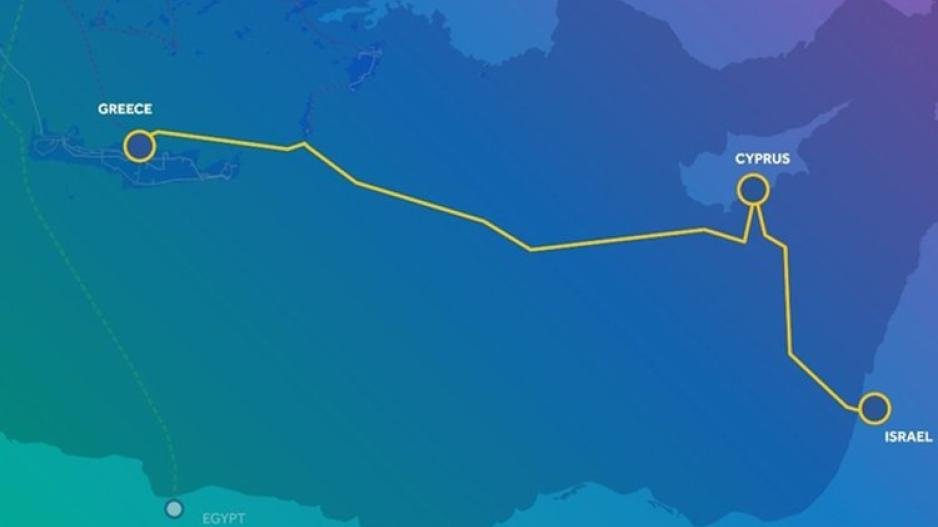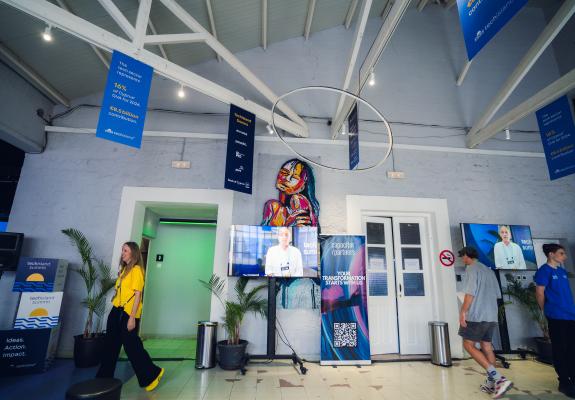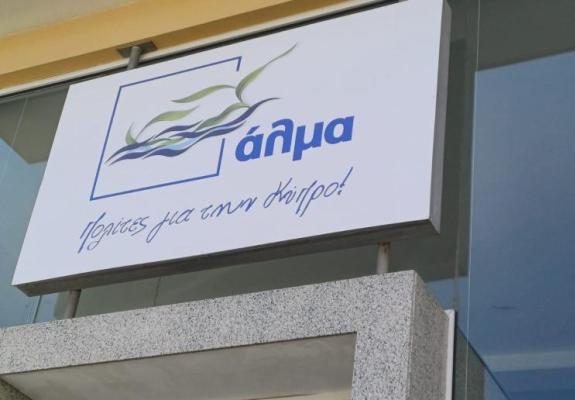Cyprus-Greece Electricity Interconnection Cost-Benefit Study Received
Minister of Energy Awaits Preliminary Evaluations for Great Sea Interconnector
Minister of Energy, Trade, and Industry George Papanastasiou received the comprehensive cost-benefit study for the Cyprus-Greece electricity interconnection, the Great Sea Interconnector, from the project's implementing body, the Independent Power Transmission Operator (ADMIE), on Thursday.
In statements to the Cyprus News Agency, the Minister said that the preliminary positions of the agencies assessing the study will be available in about two months.
The Minister confirmed that, during the meeting, ADMIE stated the cost for the Cypriot consumer during the project's construction will start on January 1, 2025, at 0.6 cents per kilowatt-hour. He noted that without the electricity interconnection, overproduction from Renewable Energy Sources in the coming years will be wasted as it cannot be consumed domestically, even with storage, which is very costly.
"Today we received the comprehensive cost-benefit study, the content of which we have not seen yet," Papanastasiou told CNA after the meeting with ADMIE leadership at the Ministry. He added that the study, provided in both paper and electronic formats, "focuses on the Cypriot electricity consumer."
The Minister said they are now awaiting the study's evaluation by the relevant agencies and expressed hope that preliminary positions would be available within two months. These positions will inform the Republic of Cyprus's decisions.
He emphasized that the schedules are tight due to pressing issues for the implementing body, such as disbursements for the construction of the cables. However, he clarified that work should not be rushed due to obligations, adding, "It is a big project with serious costs, and any decision made today should consider the project's operating horizon for the next 30-40 years."
Papanastasiou also mentioned that the Cyprus Energy Regulatory Authority (CERA) has a separate meeting with ADMIE next Monday. When asked if CERA might change its decision to prevent Cypriot consumers from being charged before the project's implementation, he said, "CERA makes its decisions based on the data before it. If new data emerges, CERA will make a new decision."
"However, the implementing body must present sufficient data to persuade the regulator, who until today has not been convinced," he noted.
The European Commission is financing the project with €657 million.






